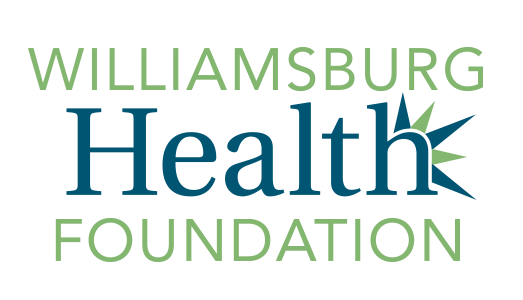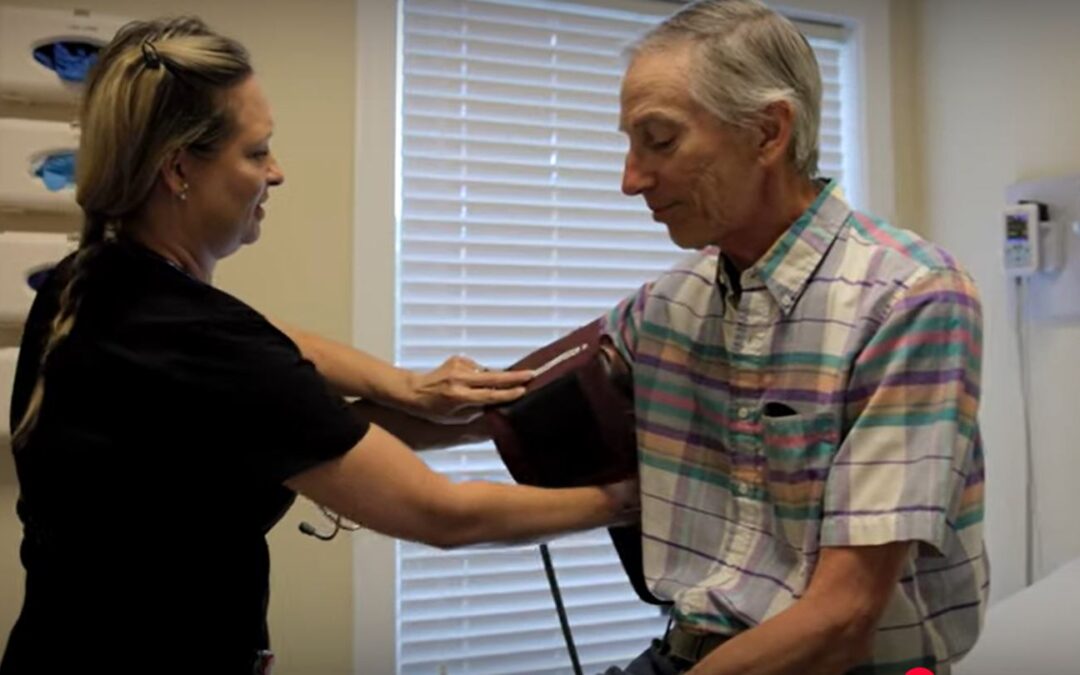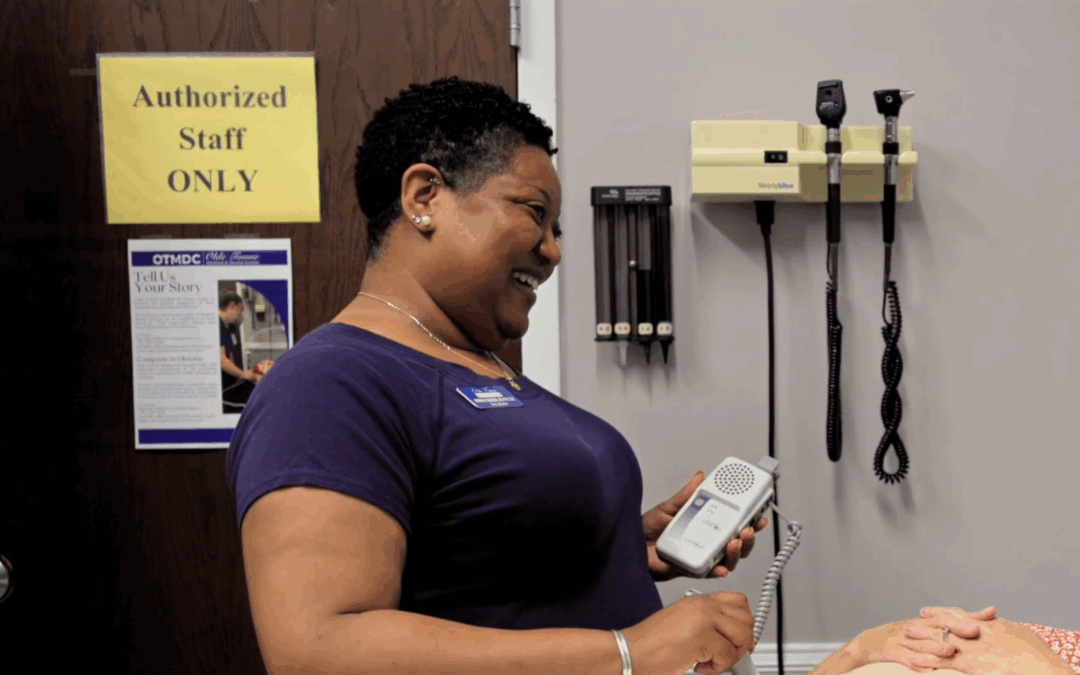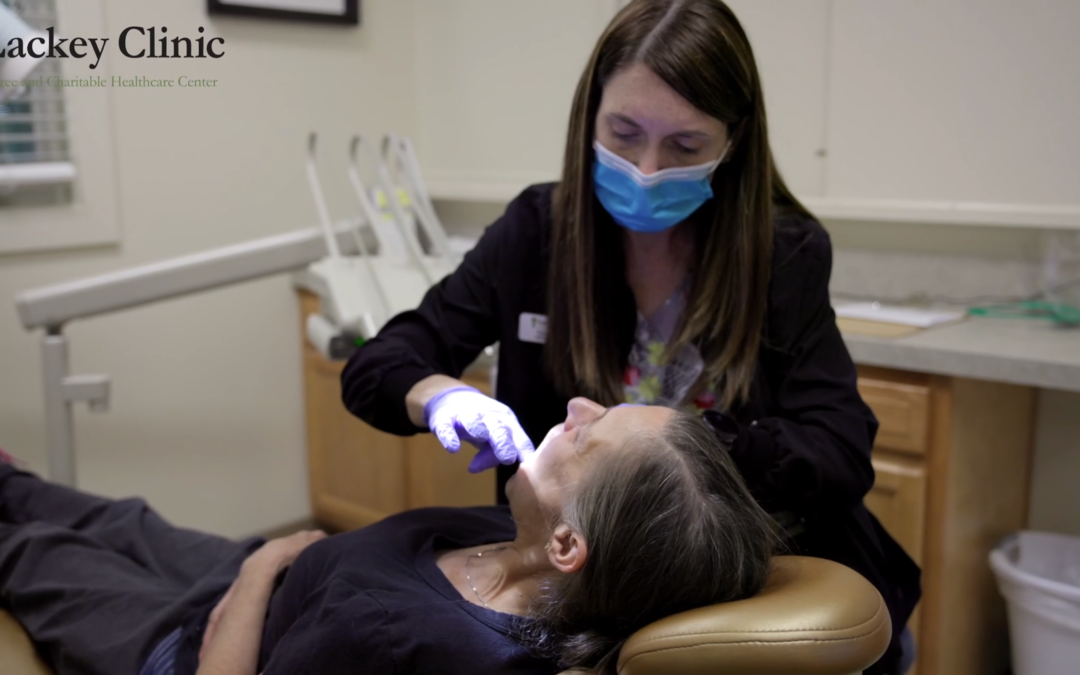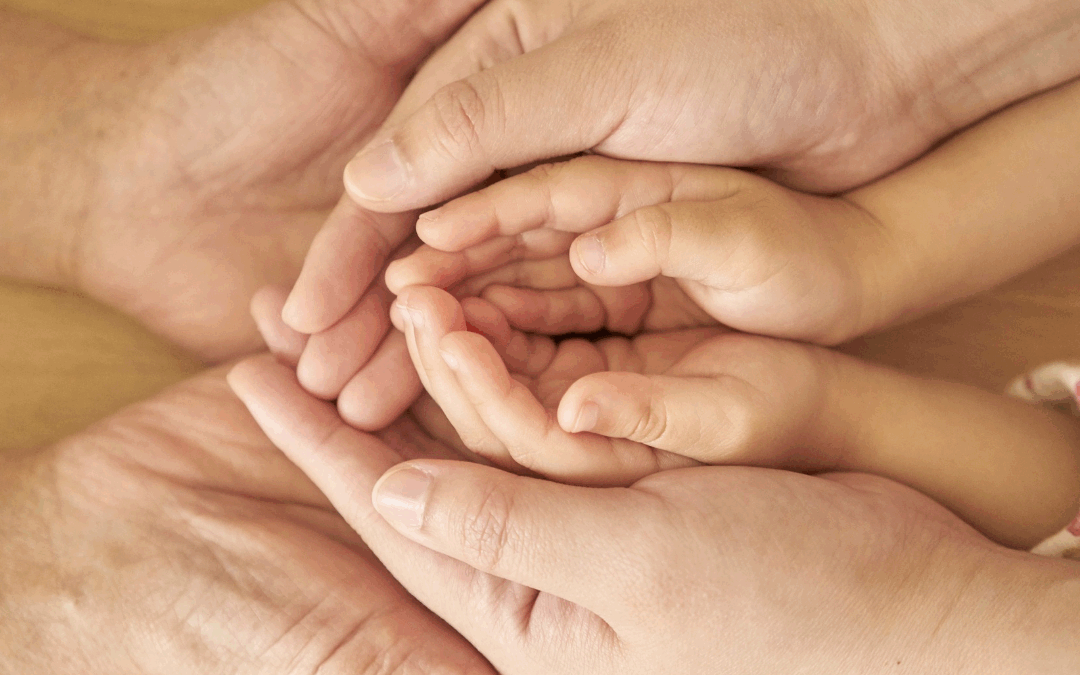
Grantee Spotlight: Child Health Initiative Care Teams
Grantee Spotlight: Child Health Initiative Care Teams
By: WHF Staff
The City of Williamsburg’s and James City County’s Child Health Initiative Care Teams support local families as they work to improve their health and well-being. These initiatives pair each participating family with a dedicated team to work side-by-side in reaching the family’s goals. Grounded on the Aspen Institute’s evidence-based two-generation (2Gen) approach, Care Teams support the whole family, both the child and the adult. By simultaneously addressing the needs of both children and their caregivers, Care Teams help families tackle multiple challenges that affect their well-being with personalized, meaningful support.
The Care Teams implement the 2Gen approach of supporting both children and their caregivers for stronger, healthier families. Care Teams consist of a coordinator, case manager, registered nurse or community health specialist who collaborate in working with each family to build stability and resilience. Services are voluntary, free to eligible families, and tailored to families’ individual goals and needs.
Through their work, Care Teams help families build life skills around healthy living, self-advocacy, and economic stability. Families receive guidance in navigating healthcare and education systems and making connections to job training and employment resources — all tailored to their unique circumstances. The program involves frequent contact with families through home visits, medical accompaniment, ongoing monitoring, and collaboration with community partners.
The program assists families residing in Williamsburg or James City County who have a child in 5th grade or younger and are facing challenges in various areas. Eligible families include those who:
- Experience limited income or struggle to access basic needs such as food, housing, or transportation.
- Encounter difficulties navigating various community systems.
- Have a child enrolled in services provided by Head Start, Bright Beginnings, or Child Development Resources.
Data gathered by the Foundation in 2024 revealed Care Teams had supported more than 170 individuals from 46 local families, helping them strengthen connections, navigate barriers, and take steps toward healthier, more stable futures. Entry and exit data show participation in the program improved health for children in the areas of adequate sleep, healthy food, physical activity, primary care medical home, recommended immunizations, school attendance, and up-to-date well care visits.
Williamsburg Health Foundation’s Continued Support
The work of the Child Health Initiative Care Teams aligns with the Williamsburg Health Foundation’s strategic plan goal of targeting behavioral and social risk factors that influence the health of individuals across the life span. Since 2015, the Foundation has awarded the City of Williamsburg and James City County 20 grants totaling nearly $5.1 million to support the Care Teams’ 2Gen approach to improving the health and well-being of families in Greater Williamsburg.
Visit https://www.williamsburgva.gov/756/Community-Programs to learn more about the City of Williamsburg’s Care Team. To learn more about James City County’s Care Team, visit https://www.jamescitycountyva.gov/3647/Care-Team.
______________________________________________________________________________
The Williamsburg Health Foundation (WHF) is an independent private health foundation with the mission to collaborate, innovate, and invest to impact systems that improve the health and well-being of individuals living in Greater Williamsburg. The Foundation was established in September 1996 when the Williamsburg Community Hospital and Sentara developed an affiliation agreement and later merged. This agreement included a provision for a new, locally organized, and managed Foundation to benefit community health. Since inception, WHF has awarded over $116 million in grants to improve community health and well-being.
